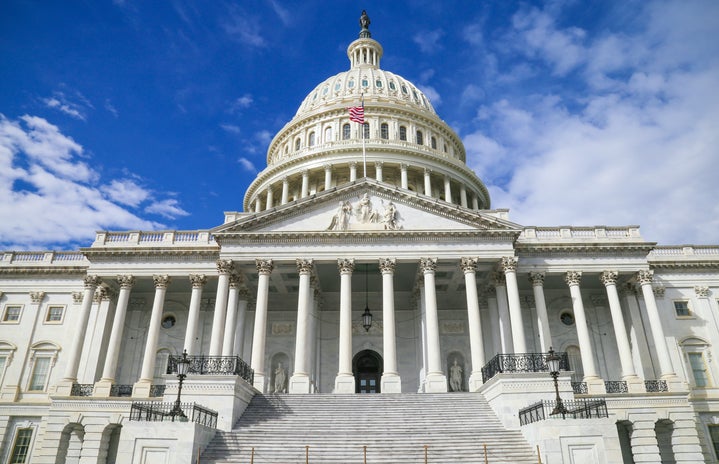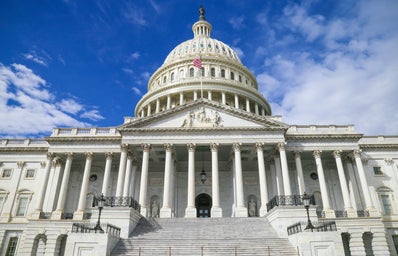Before I begin, I want to take a moment to acknowledge that some of the content of this article may be extremely heavy. However, that is the reality of the world. Violence is a prevalent theme across a wide range of issues: gendered violence, racism, climate change and crises, warzones, and the list goes on. I also want to emphasize that these conditions are not limited to the Global South–in fact, it even occurs in our own backyard. Further, I want to acknowledge that I am a white woman from the United States, living and working on the land of the Lenape people, and holding an immense amount of privilege. I hold those facts and myself accountable, and participate in advocacy work surrounded by the values of humility, inclusivity, and sustainability.
Every March, the United Nations hosts the Commission on the Status of Women (CSW). Over the course of two weeks, representatives from member-states, nongovernmental organizations (NGOs), and civil society gather for hundreds of events to discuss gender equality and formulate action plans. This year’s theme is achieving gender equality and the empowerment of all women and girls in the context of climate change, environmental and disaster risk reduction policies and programmes. All of the work at the UN surrounds the 2030 Agenda for sustainable development and the seventeen goals (if you are not familiar with this, I highly suggest visiting sdgs.un.org to learn more). I have the privilege of attending CSW66 on behalf of the Ecumenical Office at the UN.
At the time of writing this, week one has just ended. With the first week coinciding with Pace’s spring break, I dedicated most of my days (and some nights) to engaging in the CSW. I have a tendency to avoid the official meetings, while it is interesting to watch the delegates debate the details of the zero draft–which will later be the final document adopted at the end of the CSW–these meetings have no space for civil society to engage. I personally rather watch the webinars between ambassadors and NGOs or participate in dialogues with organizations.
My focus has been centralized on gender based violence (GBV), an area I have dedicated time to studying and have engaged with in the past. The topic of GBV in relation to climate change often centers on migration. In communities most affected by climate crises migration is often the only choice for survival, and in other cases displacement forces migration. Migrants are at risk for violence, food and water insecurity, and homelessness, and women and girls are at a disproportionate risk with the threat of rape and human trafficking. Further, girls are more likely to not receive an education and may face child or forced marriage. I heard stories of parents who sold their daughters to be able to guarantee food security and of women who have been murdered because their rape brought shame to their families. Some women have spoken about being forced to leave their ancestral land, to then only face further insecurity. Other women explained fear of losing their songs to militias and terrorist groups. Just hearing about it can be overwhelming, so what do we do for those who experience it?
Many conversations on action agendas focus on multilateral partnerships. This is a fancy way of saying every sector must be involved: international committees, state governments, local municipalities, doctors, lawyers, educators, grassroots activists, religious organizations–everyone. Strong emphasis has been placed on bottom-up initiatives, working directly in and with communities. The systems that have allowed for the exploitation of women are the same systems that are responsible for exploiting nature. Every issue is intertwined. We cannot pick and choose which to focus on–so it is imperative to start small, in communities, and have change ripple outwards. Now that does not get policy makers off the hook, as a part of multilateralism they must also take strong actions.
I have also focused on the topics of indigenous knowledge for climate action, period poverty, intergenerational activism, economic empowerment, and the effects of the ongoing pandemic. I will continue following these objectives into next week, and I am hopeful that the zero draft will have an effective impact. The largest part of the CSW is identifying the areas we need to immediately focus on over the next year. The war in Ukraine has loomed over many international conversations, and while it is the most pressing matter, the daily experiences of gender inequality and violence cannot go unaddressed.


